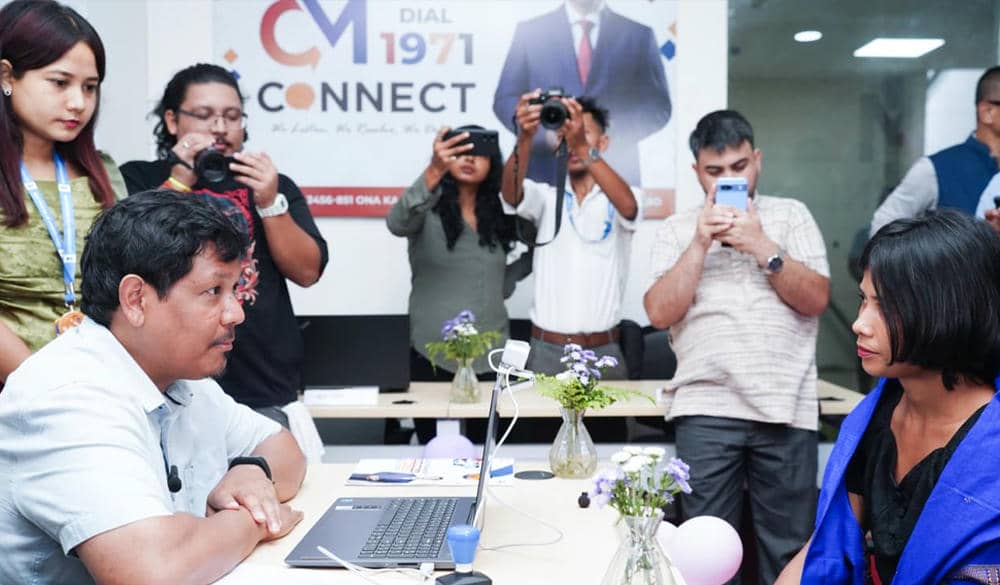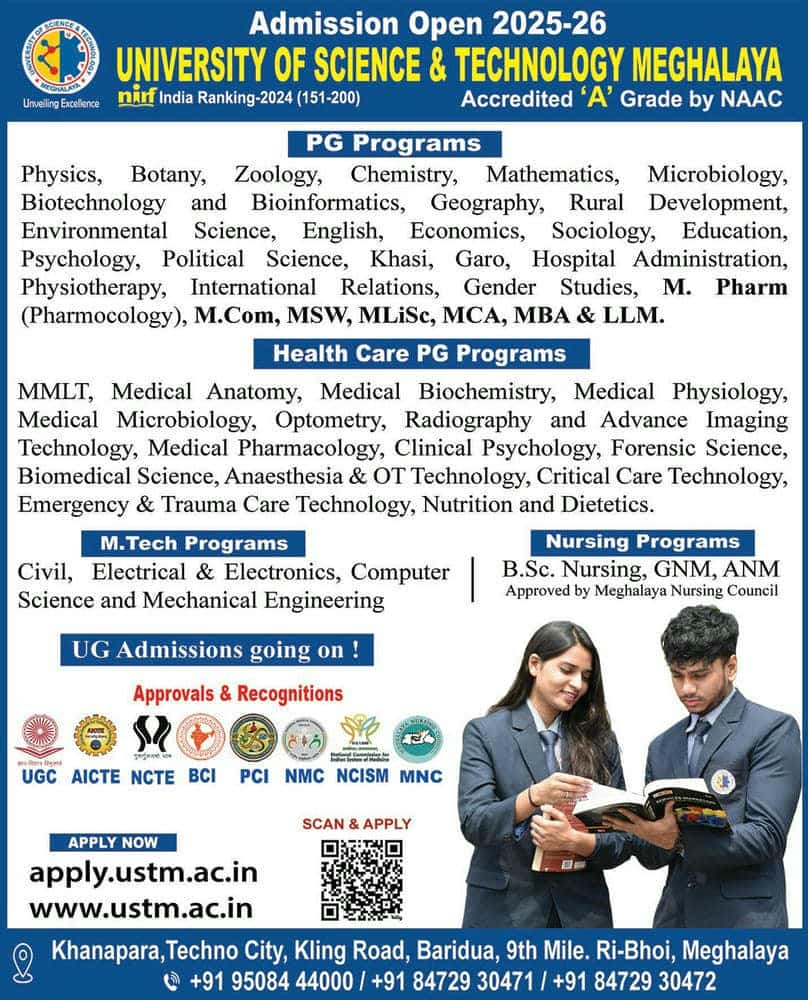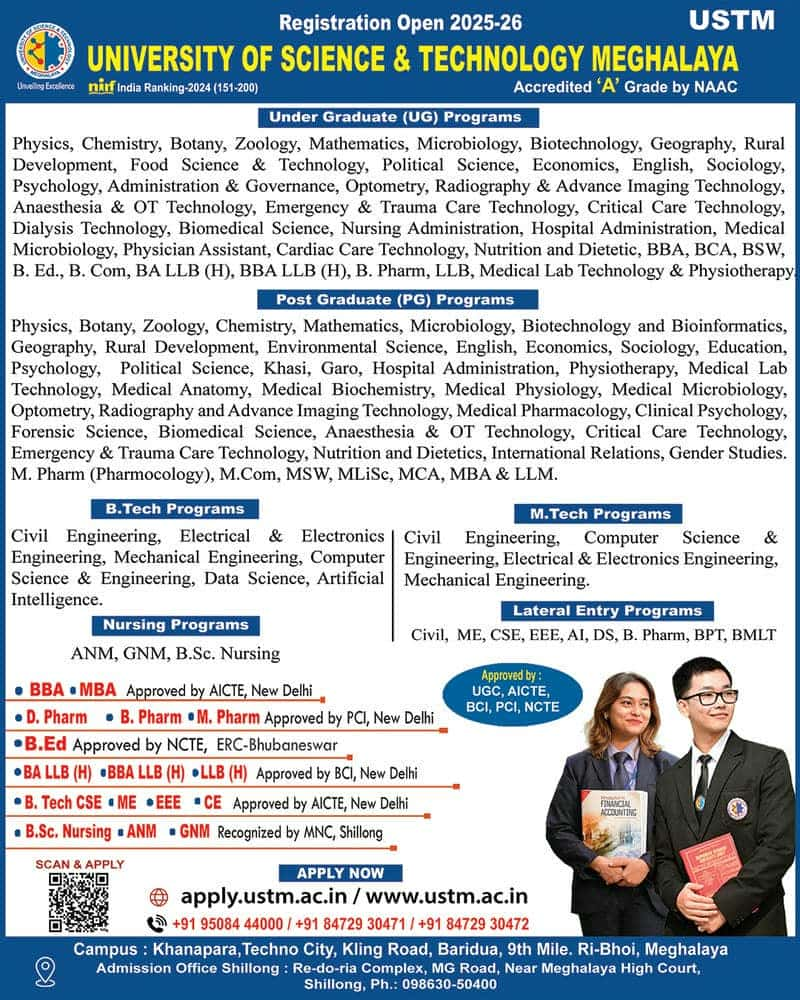Meghalaya launches CM Connect centres across 56 blocks to bring governance closer to people

In a landmark step to make governance more accessible and responsive, Chief Minister Conrad K. Sangma inaugurated the CM Connect Centre at PA Sangma Stadium, Tura, on Saturday. The initiative, set to expand to all 56 blocks across the state, allows citizens to directly voice concerns, suggestions, and grievances through the dedicated helpline “1971 – CM Connect” and other platforms.
“CM Connect is not just a program or a phone number—it is an idea,” the Chief Minister said, emphasizing that the initiative aims to bridge the gap between citizens and government. “If we cannot understand the people’s concerns, governance cannot truly reflect their needs.”
CM Connect operates on three pillars: technology-driven outreach through toll-free numbers, WhatsApp, chatbots, and the CM Connect website; direct engagement at public events; and physical centres in all blocks, with district-level centres offering full services including certificates, applications, and scheme assistance.
The Chief Minister stressed the human side of governance: “When citizens walk into a CM Connect office, they must feel welcome and cared for. Any neglect defeats the purpose of this initiative.” After the inauguration, he personally attended to the very first complaint lodged at the Tura Centre.
Thomas A. Sangma, Speaker of the Meghalaya Legislative Assembly, called the inauguration “a moment of immense pride,” highlighting the initiative’s role in empowering all sections of society, from villagers and youth to farmers and entrepreneurs.
Vibhor Aggarwal described CM Connect as a “landmark step in citizen engagement,” while Banteilang J. Kharshandi detailed its evolution since February 2024. The initiative now boasts over 38,000 citizen connects, a world-class call centre operating daily, and 470 village data volunteers ensuring coverage even in remote areas. Services are offered in five languages, reflecting Meghalaya’s diversity.
With CM Connect, Meghalaya is not just opening offices—it is creating a culture of listening, accountability, and inclusive governance, ensuring citizens have a direct line to decision-makers.



Leave a Reply